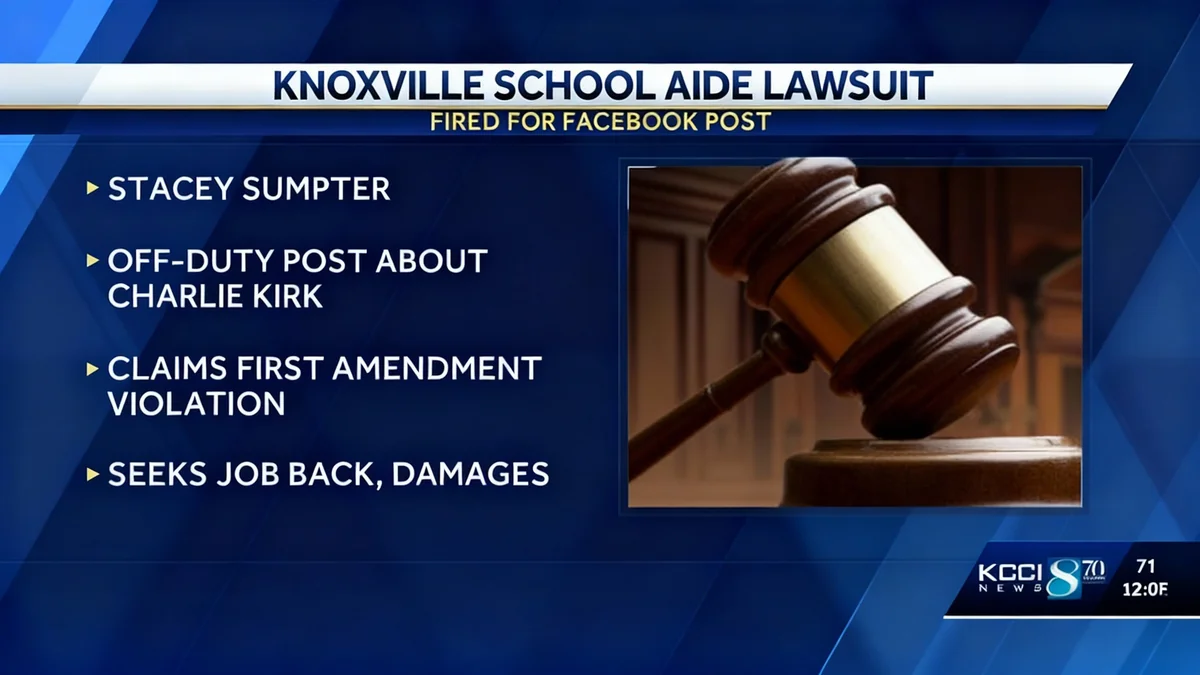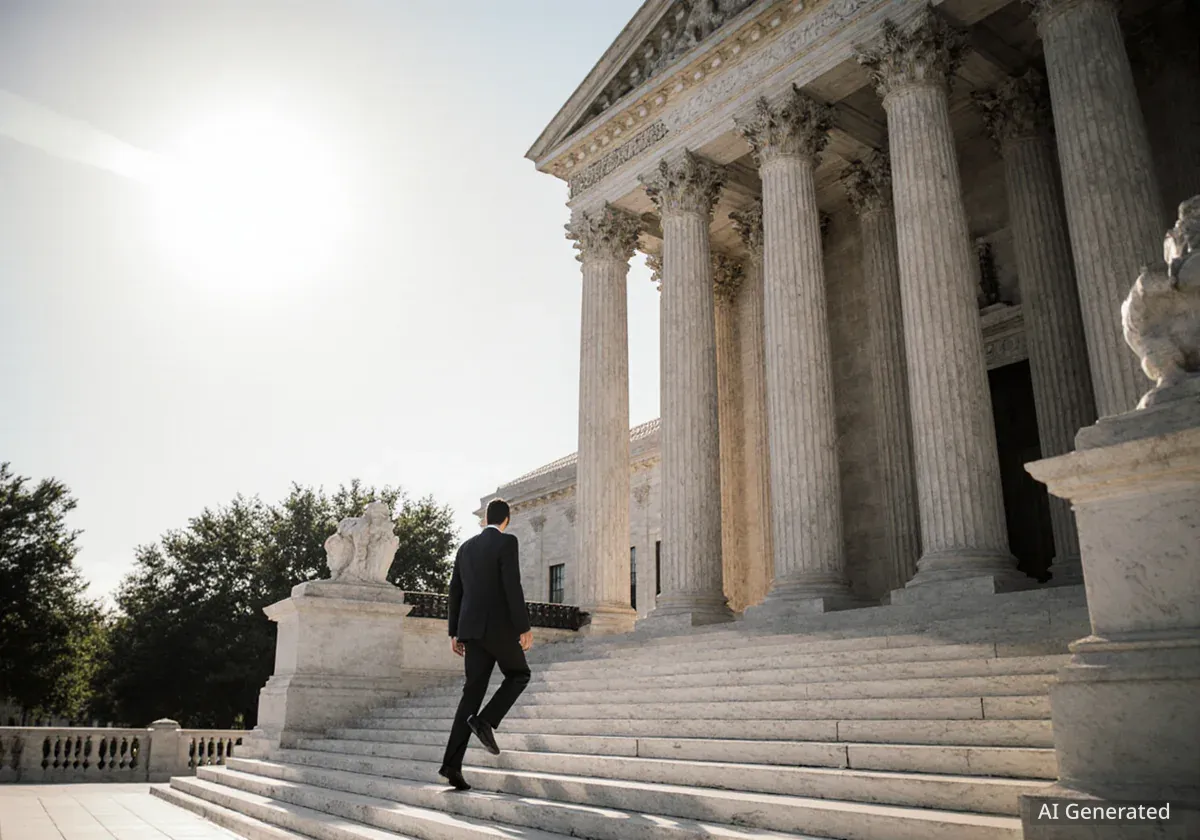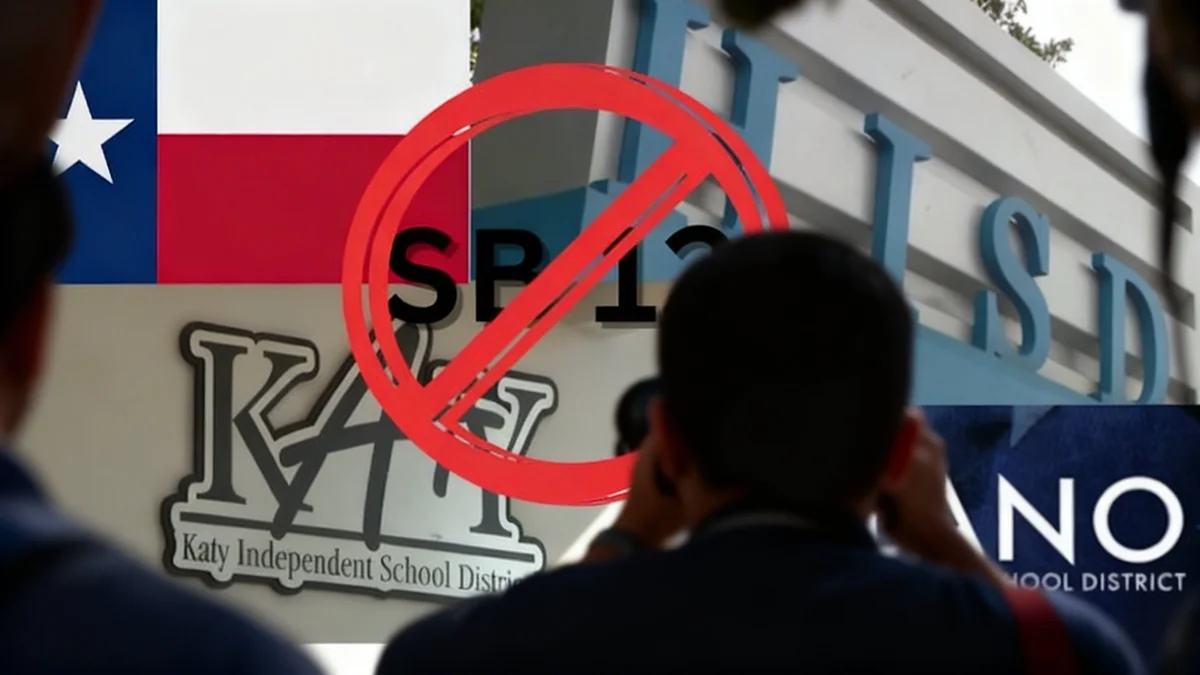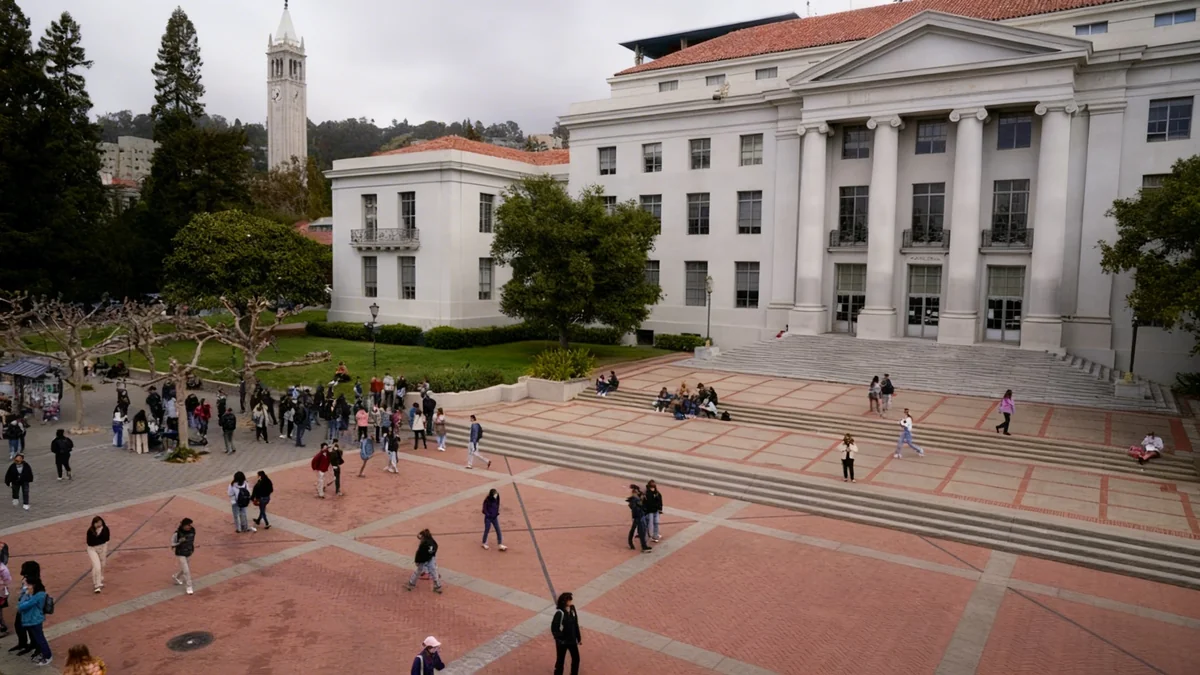A former school associate in Knoxville, Iowa, has filed a federal lawsuit against the school district and its superintendent, claiming her termination over an off-duty Facebook post violates her First Amendment rights. Stacey Sumpter was fired in September after posting a comment regarding the death of conservative activist Charlie Kirk.
The lawsuit argues that the post was made on her personal time, from a personal account, and did not cause any disruption to the school environment. Sumpter is seeking reinstatement to her position, along with damages, alleging the district failed to provide due process before her dismissal.
Key Takeaways
- Stacey Sumpter, a former Knoxville school associate, was fired for a personal Facebook post about conservative activist Charlie Kirk.
- She has filed a federal lawsuit against the school district, claiming a violation of her First Amendment right to free speech.
- The lawsuit alleges she was not given a hearing or due process as promised by district policy.
- Sumpter is requesting her job back and financial damages for the termination.
Details of the Termination
The controversy began following the death of Charlie Kirk in September. On her personal Facebook page, Stacey Sumpter wrote a post reflecting on his passing. The comment, which is now central to the legal dispute, read:
"Normally I would say Auf wider sehen; but since that technically means 'til I see you again' ... So since I never wish to see you again, to you; I say goodbye."
Court documents state that just days after this post was made, Sumpter was suspended and subsequently fired from her position as a school associate. The lawsuit contends that this action was a direct result of her off-duty social media activity, which she claims is protected speech.
The school district has maintained a policy of not commenting on pending litigation, leaving the specific reasons for its decision undisclosed publicly. This silence has become a point of contention in the legal filings.
The Legal Challenge: First Amendment and Due Process
Sumpter's legal team has built its case on two primary pillars: the violation of her First Amendment rights and the denial of due process. The core of the argument is that public employees do not forfeit their constitutional rights to free speech simply because they work for the government.
Public Employee Speech Rights
The Supreme Court has addressed the free speech rights of public employees in several landmark cases. Generally, an employee's speech is protected if it addresses a matter of public concern and is made as a private citizen, not as part of their official duties. Courts often weigh the employee's right to speak against the government's interest in maintaining an efficient and undisrupted workplace.
The lawsuit emphasizes that Sumpter's post was made on her personal time and did not identify her as an employee of the Knoxville Community School District. Her attorneys argue that the comment, while potentially controversial to some, did not create any material or substantial disruption to her work or the school's operations.
Allegations of No Due Process
A significant part of the complaint focuses on the process of her termination. According to the court filing, Sumpter was not provided with a formal hearing or an opportunity to present her side of the story before being fired. The legal document states, "Since her termination, there has been no administrative review that would afford Ms. Sumpter the very due process promised to her by District policy."
This claim suggests the district may have violated its own internal procedures, which typically outline steps for employee discipline and termination. Such procedures are designed to ensure fairness and prevent arbitrary dismissals. The lawsuit seeks to hold the district accountable for allegedly bypassing these established protocols.
The Broader Implications for Public Employees
This case in Knoxville touches on a modern and increasingly common legal battleground: the intersection of social media, employment, and free speech. As personal and professional lives become more intertwined online, the boundaries of what constitutes protected speech for public sector workers are constantly being tested.
A Growing Trend: Legal experts have noted a rise in litigation involving public employees disciplined for social media activity. These cases often hinge on whether the speech is considered a matter of public concern and whether it negatively impacts the employer's operations.
For school districts, the issue is particularly sensitive. Administrators must balance an employee's right to personal expression with the school's obligation to maintain a safe and inclusive learning environment for all students. A teacher's or aide's online conduct can sometimes be perceived as reflecting on the school itself, leading to difficult decisions for administrators.
The outcome of Sumpter's lawsuit could set a precedent for how similar situations are handled in Iowa and potentially influence policies in other school districts. It raises critical questions:
- Where is the line between a private citizen's opinion and an employee's professional conduct?
- What level of disruption must be proven for a school to justify firing an employee over off-duty speech?
- Are existing school district policies adequate to address the complexities of the digital age?
As the case proceeds through the federal court system, it will be closely watched by educators, civil liberties advocates, and school administrators. Sumpter is asking the court for full reinstatement of her job, back pay, and other damages related to what she claims was an unjust and unconstitutional firing.





